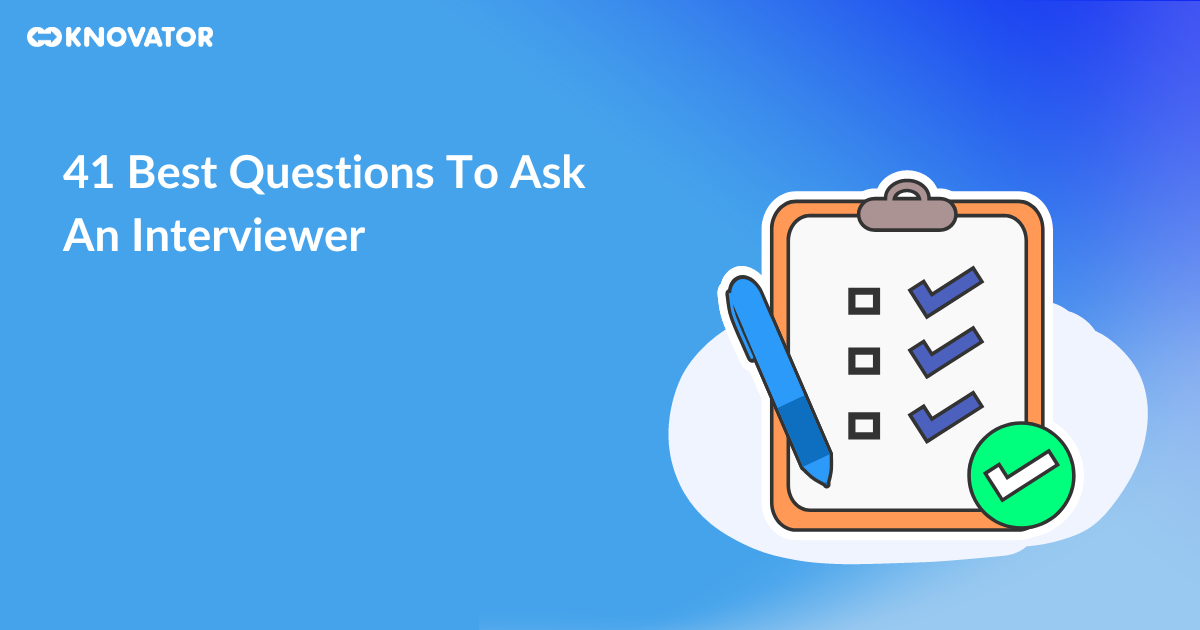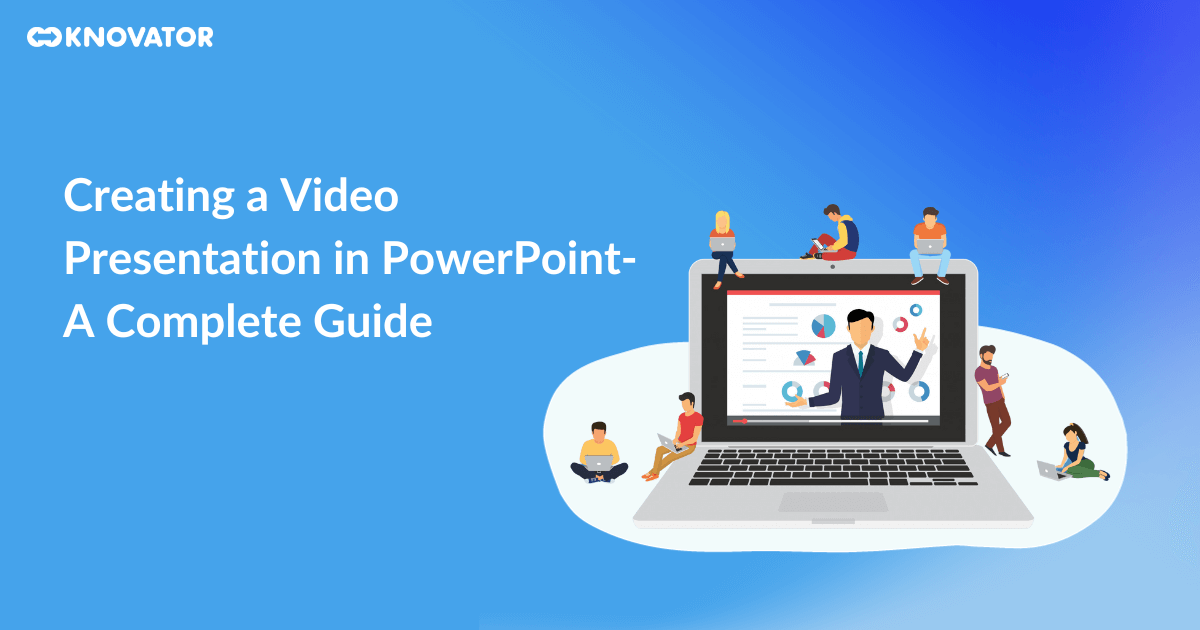There are tens of thousands of free WordPress plugins accessible for download because of how large the WordPress development community is. But not all of the free ones are good. So, how can one understand if a free WordPress plugin development tool is worth it? After all, you risk destroying your website by accidentally installing just one shoddy plugin. There are professional WordPress plugin development tools too, but they charge a lot.
A lousy plugin can harm your website in several different ways. By complicating the user interface, it can degrade the WordPress plugin development experience, and by slowing down your website, it can harm visitors’ experiences. Even more concerningly, a few plugins can expose your website to security threats and give hackers a backdoor into it. And no one would want that.
Pros and cons of free WordPress plugins
While the WordPress plugin development tools are a developer’s dream, there are some benefits and downsides. They include:
Pros
● It costs less compared to professional WordPress Plugin development tools.
● Since they are all listed in the WordPress Plugin Directory, finding them is simple. Except if a developer is feeling kind and offers their plugin for free on their website.
● You can usually always find a free WordPress plugin development to assist unless you’re trying to do something very special to your sector or your client’s business demands.
● The activation and setup of them are effortless.
● They eliminate a lot of the planning required to include that functionality or element on your site, making them excellent for WordPress beginners or developers.
Cons
● Free plugins are not that reliable when compared to professional WordPress Plugin development tools.
● They offer limited functionality. This is especially true of freemium plugins because their creators need to provide you with a perk to switch to the paid version.
● The plugin might not be responsive if it is assisting you in adding a design element to your website (such as a popup, widget, call-to-action, and so on).
● Apart from what you can find in the WordPress.org forum, there isn’t much help available for the plugin.
● You often can’t preview a free plugin before downloading like you can with a paid plugin, except for any screenshots the creator gives.
● Some pose security risks.
You must adequately investigate each plugin before installation if you want to avoid those risks and protect your website. In light of this, we’ll go over the five main criteria you should consider while selecting free WordPress plugins in this piece.
Related : Cost to Develop a WordPress Plugin from Scratch
What should you consider when selecting free WordPress plugins?
1. Selecting free WordPress plugins development by looking at their average ratings
Investigating a free WordPress plugin by looking at the overall user rating is the simplest and most obvious thing to do. Every plugin page in the WordPress plugin repository, under the Description tab, prominently displays these ratings:
The plugin is rated by users on a scale of one to five stars. Avoiding plugins without an average rating of at least four (or almost four) stars is something we advise. Anything below can potentially be difficult ground.
However, it’s important to note that many individuals choose all five stars or only one when giving these ratings. Naturally, the average is skewed by this. It seems that WordPress users don’t like to be undecided, especially while selecting free WordPress plugins.
If you do not want a free one, then there are custom WordPress Plugin development companies too that give you exactly the type of tool you want.
Let us build WordPress plugins for your clients at an affordable price. Book a free demo now.
2. Find user reviews
Star ratings receive much-needed context from user evaluations. It frequently happens that there are too many different reviews to understand them all. We advise reading a few of the most recent reviews with the highest and lowest ratings. It will allow you to get a feel for the plugin before deciding whether or not to install it.
Keep an eye out for recurring complaints as you go through each review because these will frequently highlight the plugin’s weaker points. For instance, you would be wise to steer clear of that specific WordPress Plugin development tool if several reviewers comment that their website is noticeably slower after installation.
You should also be cautious if there are more red flags than favorable remarks.
3. Look out for active installations
As a general rule, the more active a plugin’s installations, the more the community trusts it. Not to mention that a plugin is probably functioning rather well if it is installed on a lot of WordPress websites.
We usually advise against selecting free WordPress plugins with fewer than 1,000 active installations since there is safety in numbers. But you ought to take that advice with a pinch of salt. Since new plugins must start somewhere, you can also discover that some less popular WordPress Plugin development tools are better.
4. Keep in mind updates and compatibility
A plugin’s developer should update it frequently if they want to keep it secure. In order to ensure compatibility, plugin updates should ideally coincide with significant improvements to WordPress. The consistency and frequency of updates are other helpful indicators of how actively involved the plugin creator is.
Before installing any WordPress Plugin development tools, it’s a good idea to confirm that they are compatible with the version of WordPress that you are using and how frequently they are updated.
You should pay particular attention to the compatibility issue because plugins incompatible with the WordPress version you are using may prevent other plugins from working. In the worst instance, they might potentially completely crash your website.
5. Support and documentation
The Support tab of the WordPress plugin repository contains a support forum for each plugin.
It’s a good indication that the developer is actively trying to address user problems if you can see consistent activity in those forums. If it’s abandoned, consider that a warning.
Having stated that, plugin support may be handled externally by developers. This is because many of them dislike the WordPress.org support system. As a result, you might wish to look at their website to learn about other help choices.
If there aren’t any frequently updated help forums or at least some type of documentation, you should proceed cautiously because you won’t have someone to turn to if something goes wrong.
Related : WordPress Plugin Benefits and Development Process
Bottom Line
Although a significant portion of WordPress’s great CMS comes from third-party plugins, this does not imply that you should rely on every plugin available. Exposure to poorly coded plugins might negatively impact your website’s speed, security, and usability in general; caution is advised. Keep in mind the above-discussed pointers, and you’ll be good to go.
Lastly, choose a professional WordPress plugin development agency like Knovator Technologies to help you develop custom WordPress plugins.










